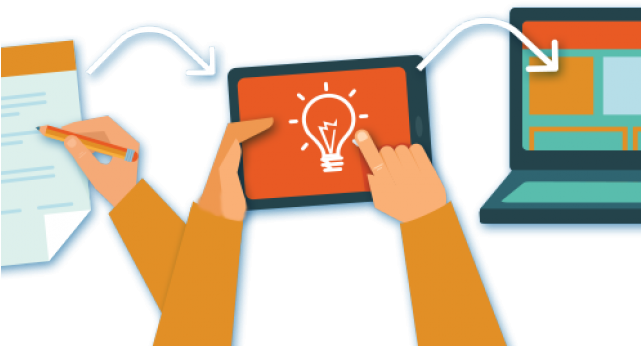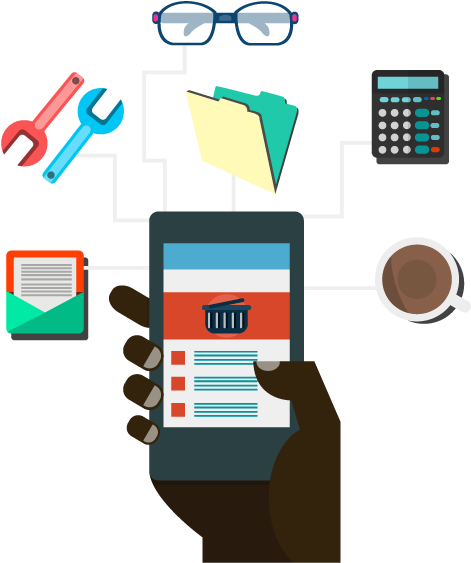Thoughts on Mobile Architects / Developers

As an iOS Developer, Engineer, Architecht, I’ve learned a few things I’d like to share that I think you’ll benefit from.
First let’s draw a distinction between Architechts and Developers..
What’s the difference?
A number of years ago, I was the manager of a few “Production Development” teams.
These teams would receive input from Arctitects, who basically wrote functional prototypes and sometimes tech specs. The Production Dev teams would utilize those artifacts and would develop the final solution.
The big difference here was the prod developers would prepare production ready code. Meaning that the code could withstand the rigors of being called many orders of magnitue without degredation (into the millions).
This illustrates a classical example between a software Architecht and Developer
As an iOS Developer, I firmly believe you’ll need to encompass skills from both Architecht and Developer in order to stay relevant/viable.
From an Architecture stand point, you’ll need to validate the viability of the New, by spinning up those Git repo examples, subplant them in a feature branch of your current work, push the boundaries where you see fit (for your needs)..
You’ll then have the opportunitiy to suggest these new solutions where applicable. Big plus to your team/company, etc..
You do want to be a Rock Star right?
This is important even though you might be doing the same kind of coding tasks day in and out.
Why? What happens of the company you work for which was Angel funded runs out of money un-expectidly?
Last bit of advice
From a pure development stand point, it’s in your best interest to stay on top of all the relevant new Apple framework additions, advances in techniques, idioms, etc. This is outside the realm of your day to day coding at your job. Call it personal tech insurance if you’d like.
How do I stay on top, you may ask?
- Objectively Check out new Tech stacks, Frameworks and Git Repos of others
- WWDC - Each year, Watch all the videos
- Learn all the time
- Objectively listen to others
- Objectively listen to yourself
- Be critical of your skills and Learn, Learn Learn!
Happy Coding!

